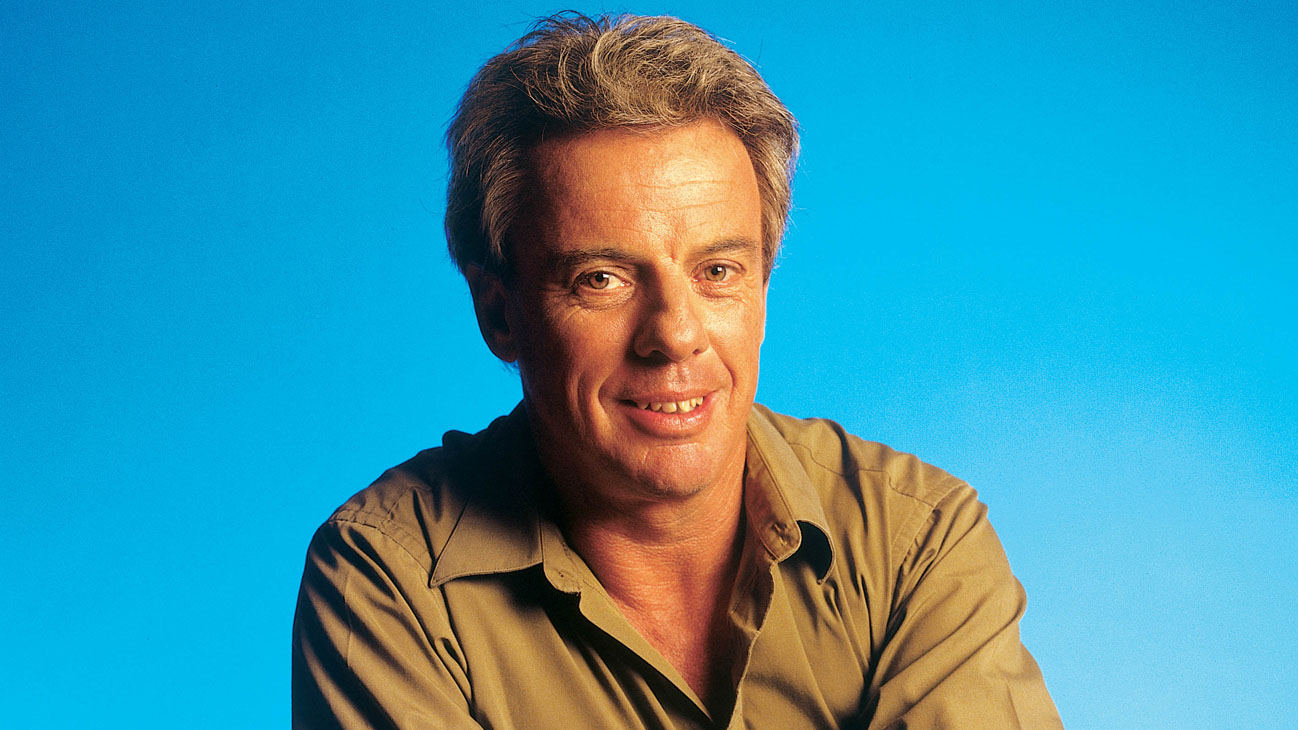Bob McDonald is one of Canada’s best known science journalists, bringing science to the public for more than 40 years. In addition to hosting Quirks & Quarks, the award-winning science program that is heard by 500,000 people each week, McDonald is also science correspondent for CBC TV’s The National and host and writer of the children’s series Head’s Up.
He was recently interviewed on his thoughts around science communication by The Gateway, a paper affiliated with the University of Alberta. Here are some highlights:
The Gateway: So Bob, you’re one of the most well known science communicators in Canada. What began your interest in science?
McDonald: Well I grew up in the space age, during a time when we were going to the moon. And they were saying we would be going to Mars and we were going to have holidays in space and hotels in space and all that. So I got caught up in all that as a kid.
I’ve just always been fascinated with science, and not just space science but just the way that science looks at the world. It’s a really neat way to appreciate the world around us.
How did you get involved in science communications?
I kind of fell into it. I was actually a truck driver for a little while because I dropped out of school. An opportunity came along to work at the Ontario Science Centre in Toronto and I got a job there making science fun. Standing people’s hair up with static electricity and stuff like that. Every once and awhile the media would call up and ask for someone to come out and talk about a science story. So I was appearing on programs and word just sort of got out that there’s this guy who can talk about science and is funny. And one thing led to another.
So you’ve been working on Quirks and Quarks since 1992. Has there been a particularly outstanding moment you’ve had while working on that show?
Boy, outstanding moments happen all the time because I’m always talking to scientists that have just found new stuff. There’s so much about the universe that we don’t know that we’re still finding out. Or we think we’re finding out but we still don’t know a lot.
There was a moment in 1999 where we were preparing for the new millennium and there were six people who had won the Nobel Prize who were coming to Toronto for a conference. We managed to intercept them on the way to their event to come into our studio and talk about what they thought about the future. So here I am, sitting in my studio and on the opposite side of my table are six guys (unfortunately they were all men) and each one of them had won a Nobel Prize. And they were talking to me. I couldn’t believe it. And meeting Stephen Hawking that was also kinda neat.
What’s the process of finding notable stories and finding people who have reliable knowledge on the topic at hand while working on Quirks and Quarks?
My producers do all the heavy lifting. I’m just a pretty face on the radio. They are very dialed in to all the embargoed releases from scientific journals, and from university press releases, and other publications. We always phone up the lead author on a paper. And see if they know how to talk. Because we need a good story but we also need good storytellers. And very often, the stories don’t make it to air because the person cannot communicate well.
Each show comes together each week. That’s why I don’t know what’s coming in the future. For me it’s always fresh. And sometimes there’s quite a steep learning curve because at 10 o’clock it’s black holes, and 11 o’clock it’s some new gene that they found, and 12 o’clock it might be some environmental story. So I’m switching gears all the time. It keeps me thinking.
What is, in your opinion, the importance of science communications in this day and age?
We have never lived in a time where science is so influential in our lives. At the same time, these inventions that we have and our own population is changing the planet. So we have to make some hard decisions on how we’re going to live in the future. Science has some interesting solutions to our problems. That’s why we need an understanding of the science. So we can understand the problem and understand the solutions.

